GreedFall is rough around the edges, but its companions make it a world I want to keep exploring
The companions in GreedFall make its world truly feel alive
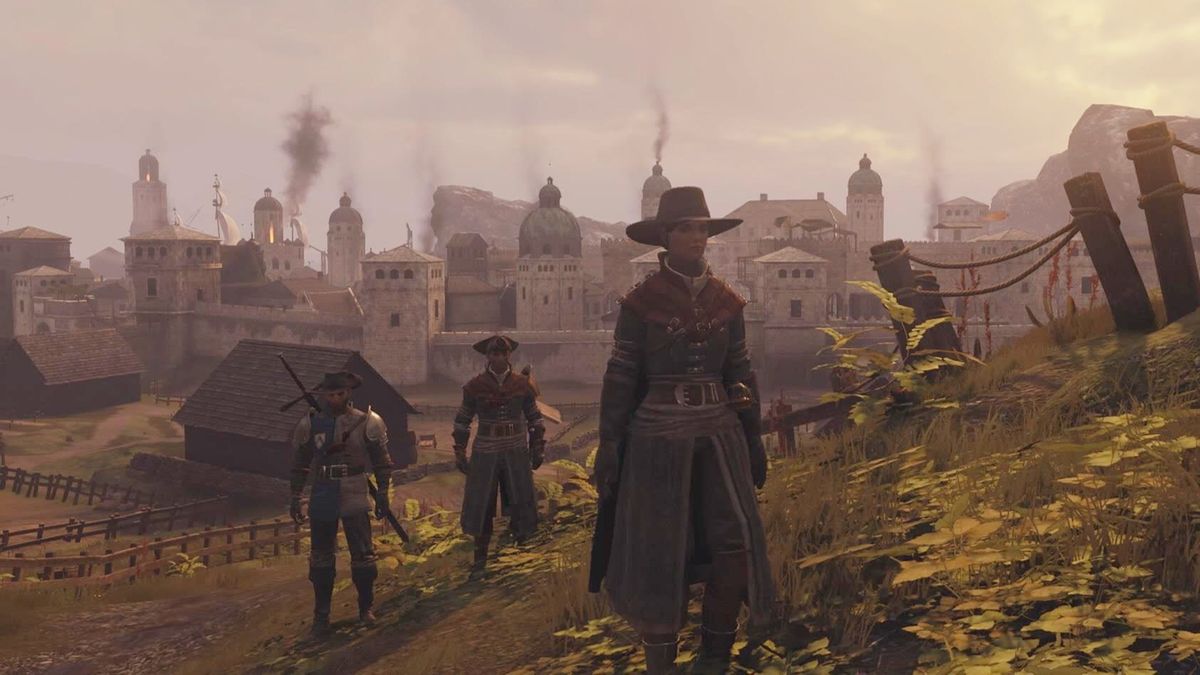
GreedFall is like a blast from the past. It reminds me of old school fantasy RPGs in that it's a bit clunky and not as finely polished as something like, say, The Witcher 3: Wild Hunt, but it has a certain kind of charm you just can't ignore. As a big fan of BioWare's RPGs in particular, I found myself looking to GreedFall to fill the void as I impatiently wait it out for Dragon Age 4. While I can't say developer Spiders' adventure quite measures up – or fills the hole in my RPG-loving heart entirely – GreedFall came sailing into my life with an overwhelming sense of familiarity.
That feeling is drawn from the classic RPG elements that GreedFall has at the heart of it, many of which have made me feel right at home. One example is how GreedFall puts you in charge of how you want your character to interact with the world. You're presented with multiple ways to complete quests, and you get to customise your character's appearance, clothes, and what skills and talents they'll excel at throughout the game. But for me, the biggest highlight so far is undoubtedly the companions you have at your side.
You play as noble born De Sardet, a diplomat of the Merchant Congregation who sets out to the island known as Teer Fradee to find a cure for the Malichor, a deadly plague-like disease that's afflicting the continent. Taking inspiration from the 17th century era, the disease-ridden world can be quite a bleak backdrop at times, but thanks to the companions, I quickly warmed up to it. I'm about ten hours into my time as De Sardet, and for a big chunk of that time, I've been focusing most of my attention on my fellow party members who have made the world feel more rich and alive than the endless sea of wandering NPCs who greet you in the world's towns and cities ever could.
A world divided

In GreedFall, the world's populace is divided into factions that each have their own motivations and world views. Each companion belongs to a different faction, and as such they will react to your choices and actions differently, too. In an indirect way, their views and backstories help you gain a better understanding of the lore and wider story. But they also add more depth to the quests, too. There are five companions in total that you can meet, and you can have any two in your party at a time as you set off to explore. So far I've met four of the five: Kurt who belongs to the Coin guard faction, Vasco of the sailor-like Nauts faction, Siora of the Natives faction, and the bishop Petrus who belongs to the Theleme faction.
For the most part, when you speak to someone involved in a questline, the companions will offer their opinions about what transpired and also offer you their advice. While this gives you an opportunity to better understand their personalities and views, it also helps you gauge how they might react when you decide what you want the outcome of a situation to be. Just like the approval rating in the Dragon Age series, there's a reputation meter in GreedFall that will rise or fall depending on the responses you choose in conversation.
Every companion's relationship level starts out as "Suspicious," before eventually developing to "Nice" and "Friendly." This is as far as I've gotten in the relationship rating so far, but you can also form romantic relationships should you develop an affinity with any of the companions. I can't say much for how good or in- depth the romance side of things is yet, but just knowing it’s possible is such a great motivator to improve relations with your followers.
Personal favours
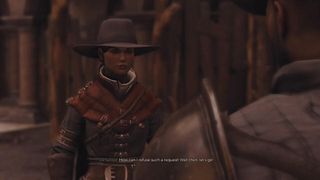
Your companions will also ask you for help throughout the story, and you'll be tasked with carrying out personal quests – a bit like the loyalty missions in Mass Effect, or the personal quests seen in the Dragon Age series. The first personal quest I did saw me trying to help Vasco of the Naut faction discover his lineage. With no memory of his family, Vasco tells you that he's "sea-given," and you start to unravel the ways of the faction and how he came to be a Naut in the first place. I've always found that these types of quests flesh out the characters and help you become more attached to them on an emotional level, and that's true of GreedFall, albeit to a lesser extent.
Sign up to the 12DOVE Newsletter
Weekly digests, tales from the communities you love, and more
The quests will often present you with some difficult decisions with no obvious answers, so having the companions chime in with their opinions can sometimes soften the tough choices you have to make. It makes you feel less alone in dealing with the responsibilities your character has to bear.
Where the heart is
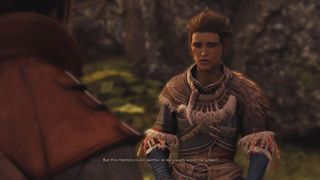
When it comes to RPGs, I've always been fond of having companions by my side as I journey through vast, unknown lands. Of course, it's very handy in terms of combat to have some skilled fighters at your back, but in a broader sense, they add so much more depth and charm to the experience. I feel like I've barely scratched the surface of GreedFall, but the followers have kept me wanting to come back for more because of how much personality they bring to your questing escapades.
Companions can fill the fictional worlds you explore with a lot of humour and personality. Without them, I can't help but feel the journey you set out on in Teer Fradee would be a lot less memorable. GreedFall may not be the shiniest gem in the fantasy RPG pile, but the companions help it shine just enough to keep me invested. The followers are the game's beating heart, and they make me want to keep returning to GreedFall's world time and again.
Looking for some adventure? Check out our list of the best RPG games.

I started out writing for the games section of a student-run website as an undergrad, and continued to write about games in my free time during retail and temp jobs for a number of years. Eventually, I earned an MA in magazine journalism at Cardiff University, and soon after got my first official role in the industry as a content editor for Stuff magazine. After writing about all things tech and games-related, I then did a brief stint as a freelancer before I landed my role as a staff writer here at 12DOVE. Now I get to write features, previews, and reviews, and when I'm not doing that, you can usually find me lost in any one of the Dragon Age or Mass Effect games, tucking into another delightful indie, or drinking far too much tea for my own good.
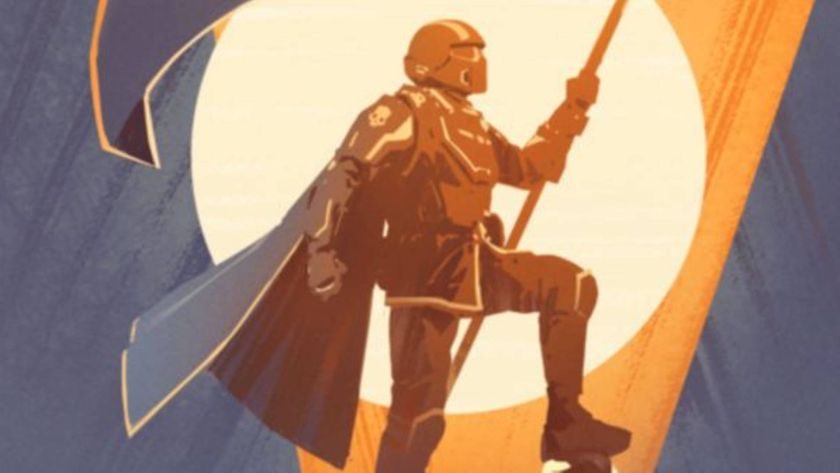
Helldivers 2 CEO says industry layoffs have seen "very little accountability" from executives who "let go of one third of the company because you made stupid decisions"
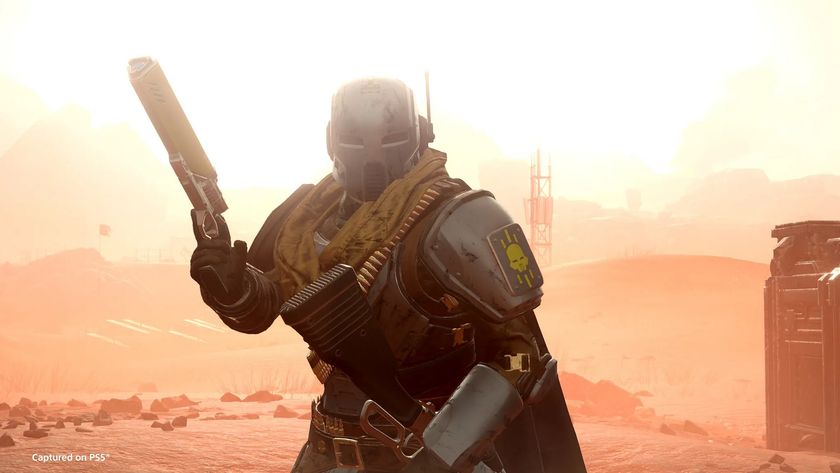
"Games that get 19% user score do not generally recover": Helldivers 2 CEO reflects on Arrowhead's "summer of pain" and No Man's Sky-inspired redemption arc










